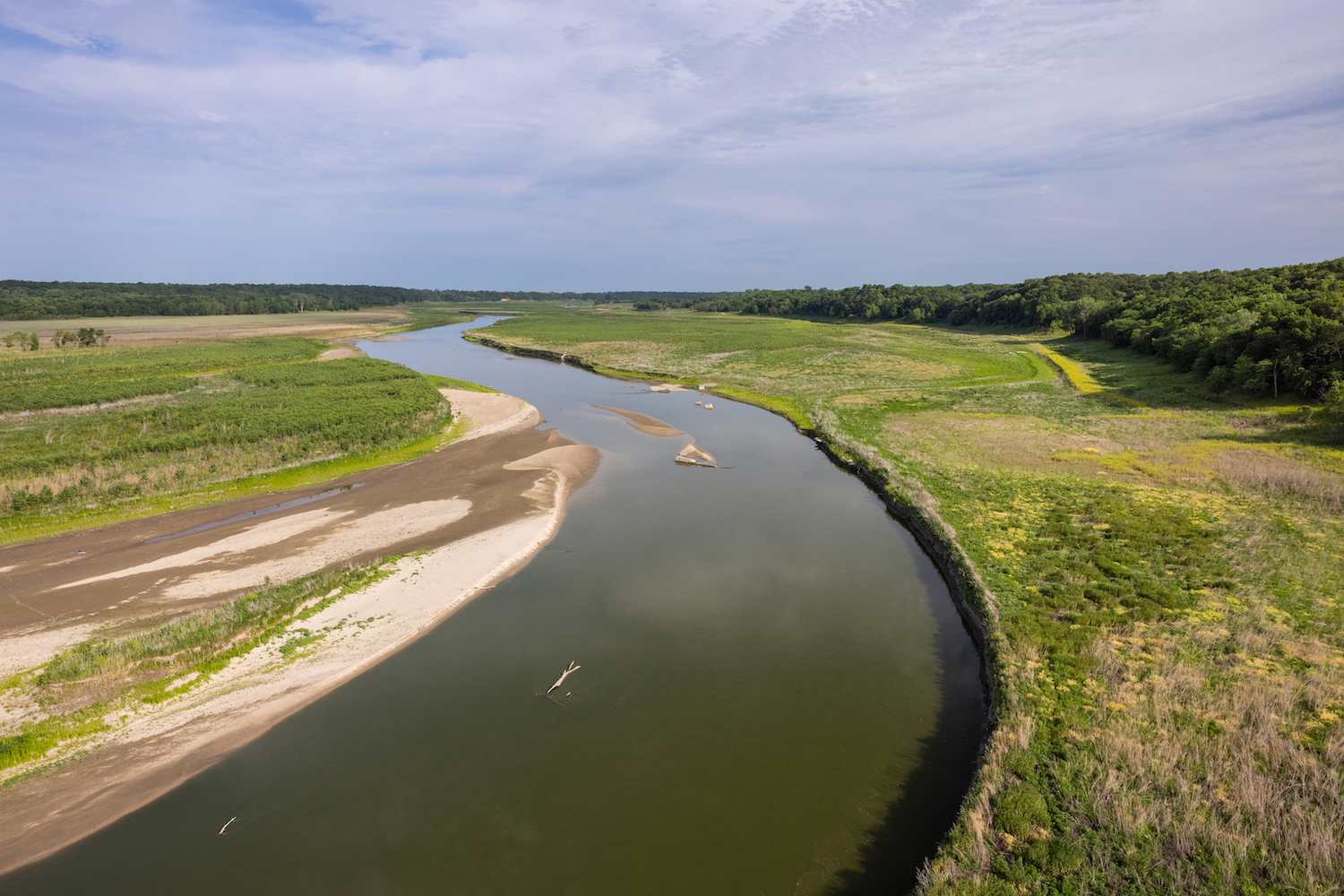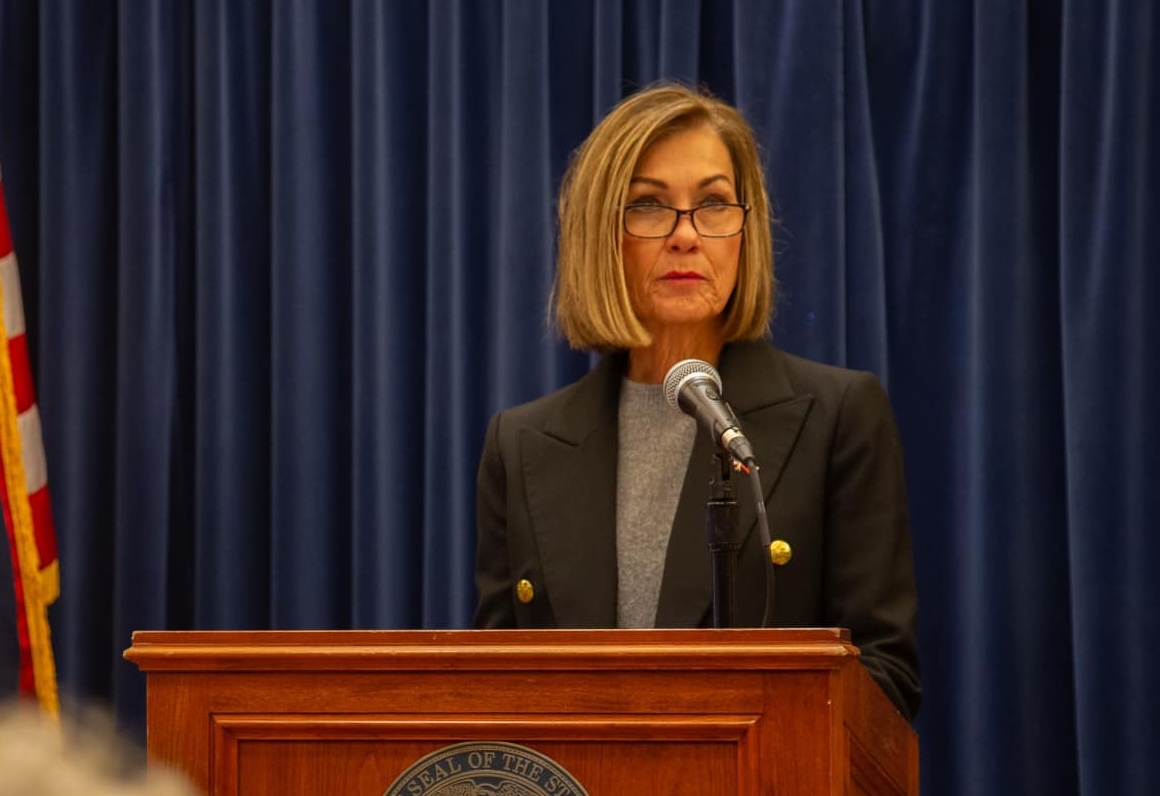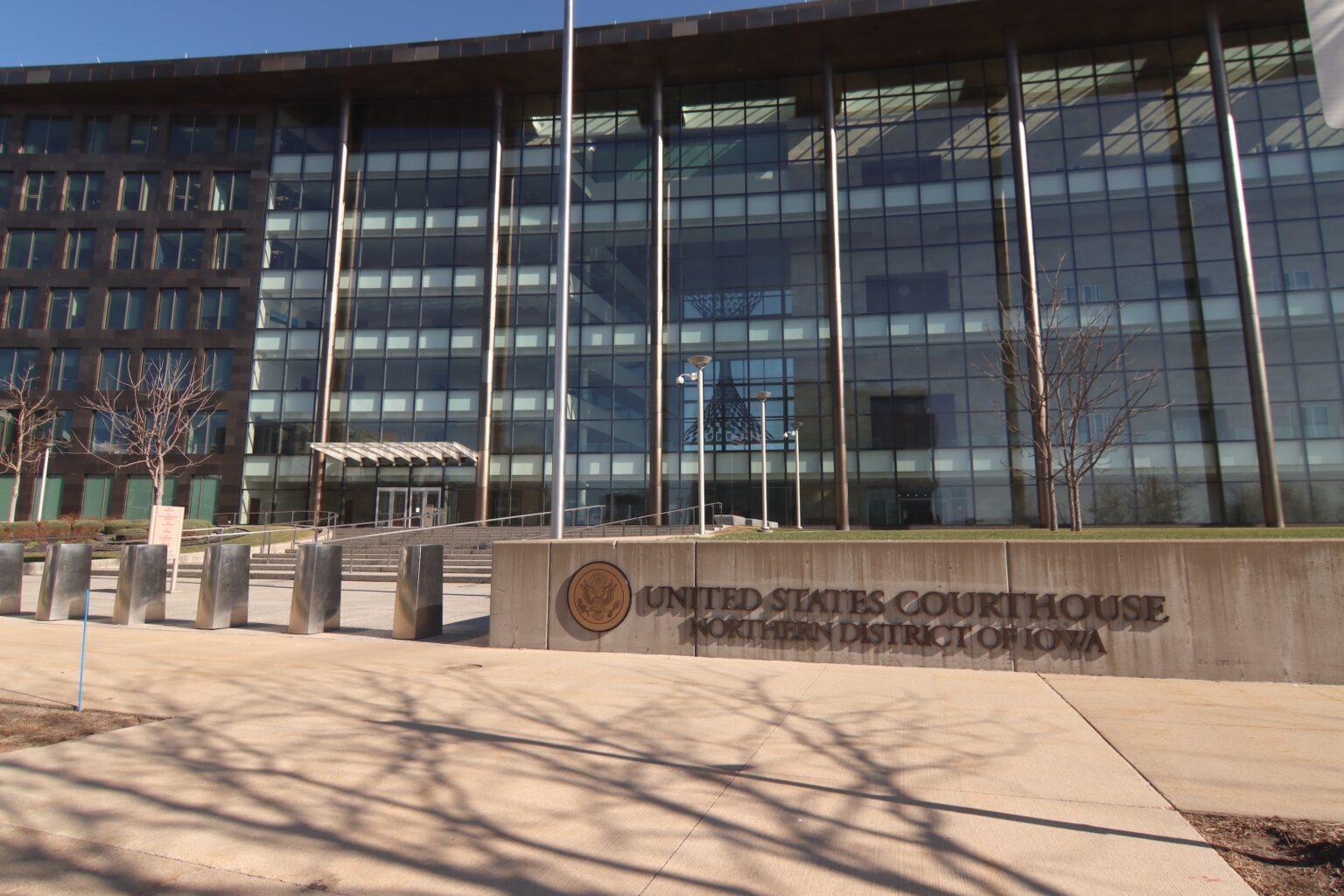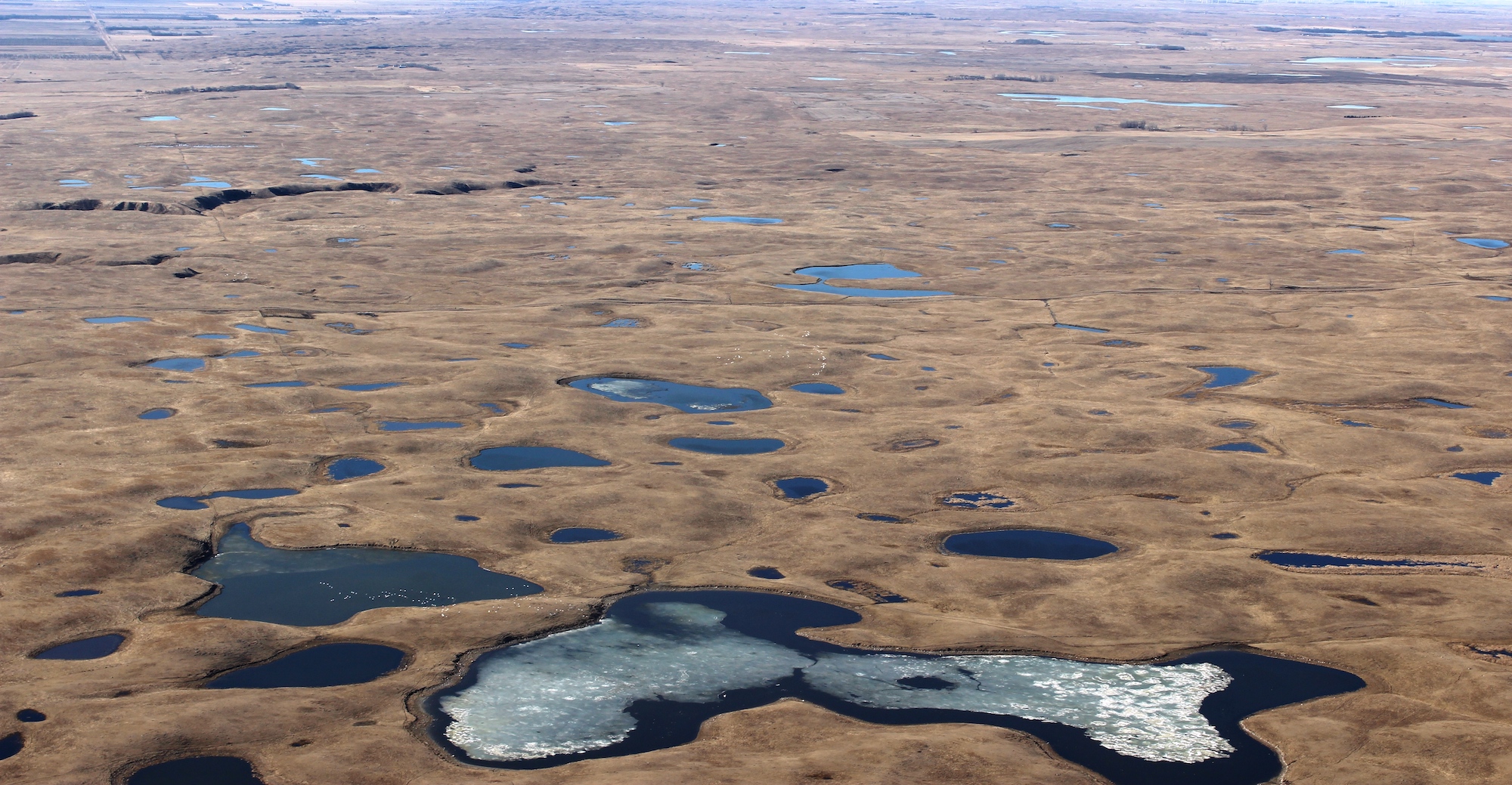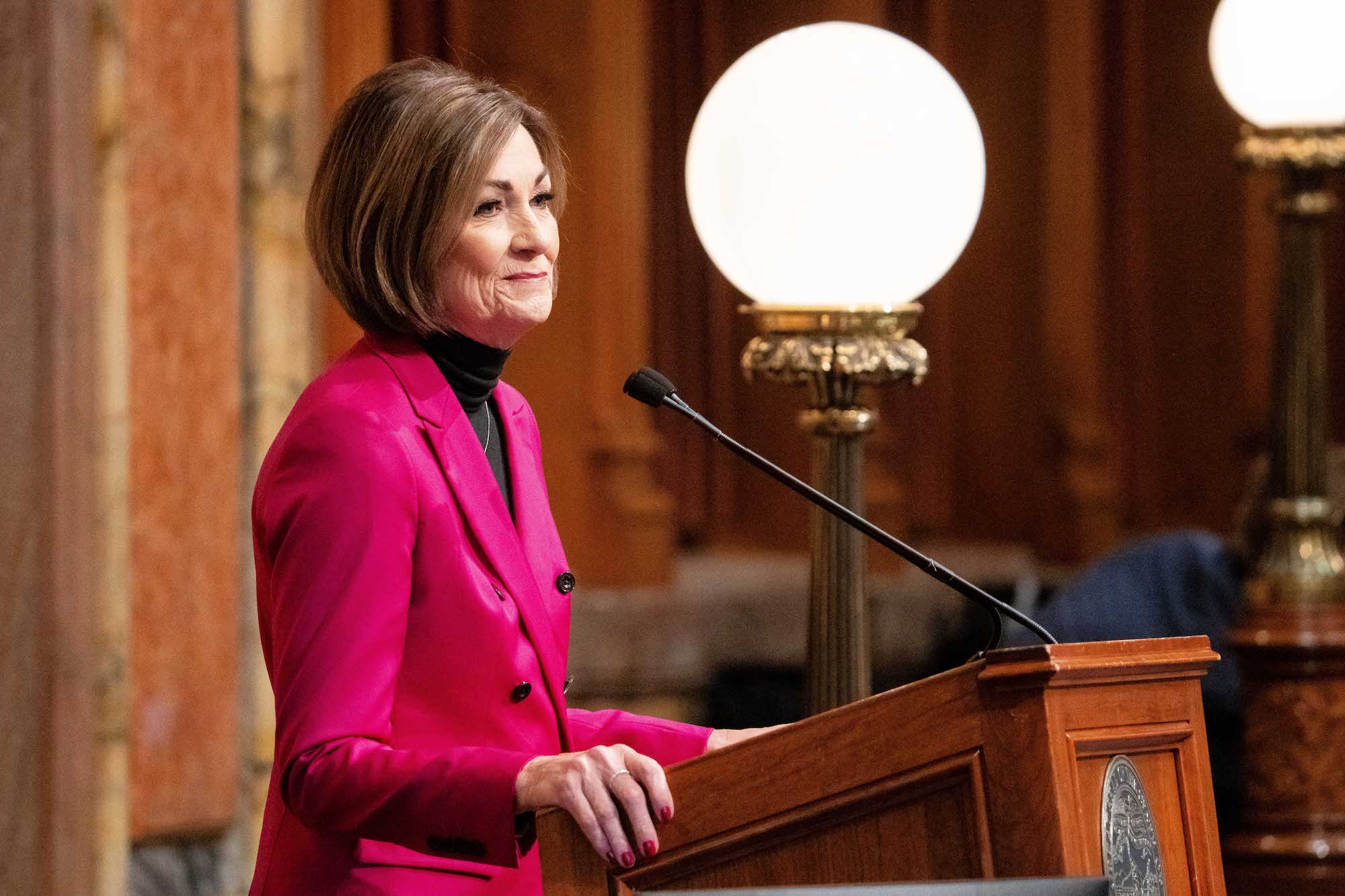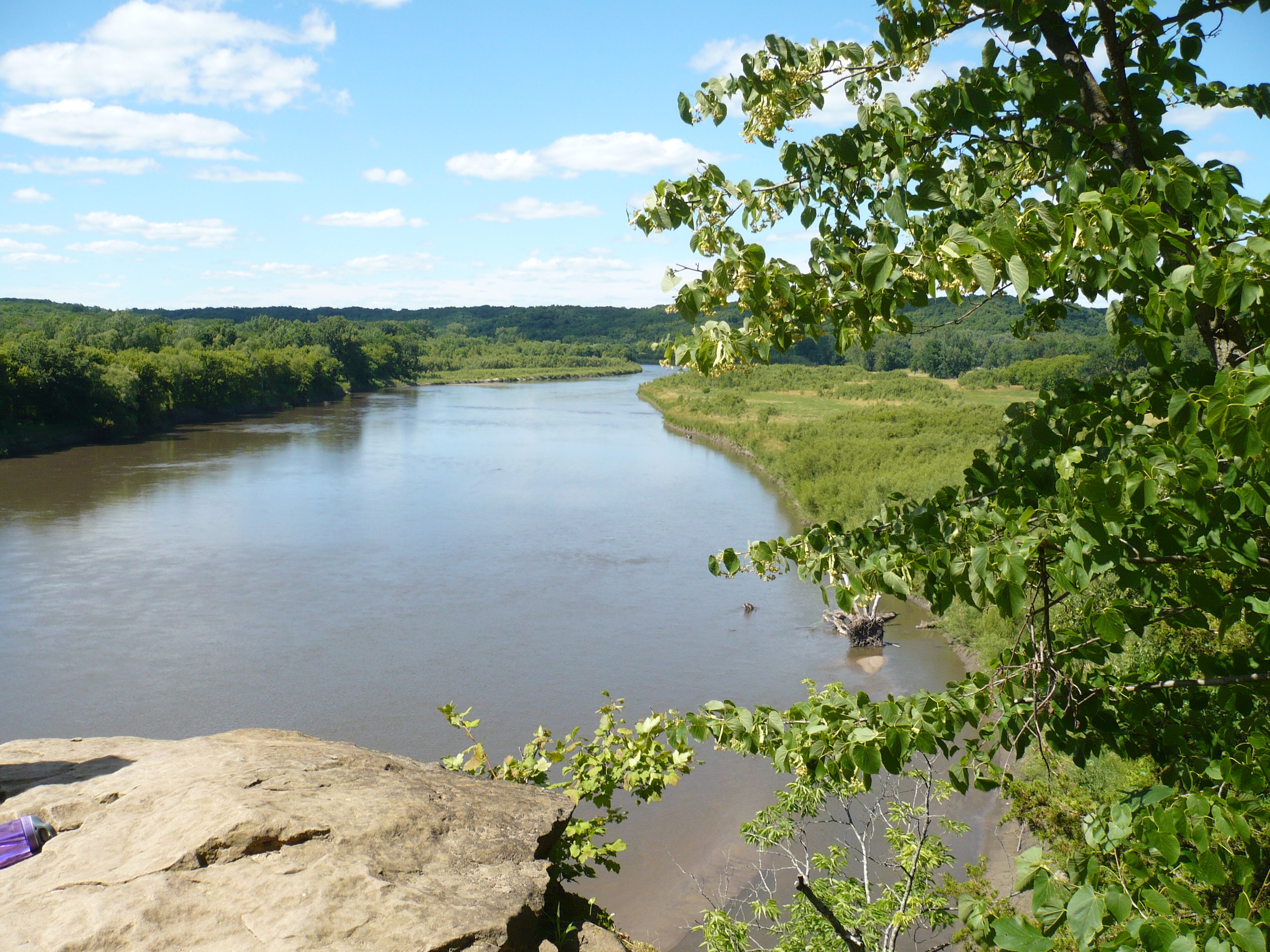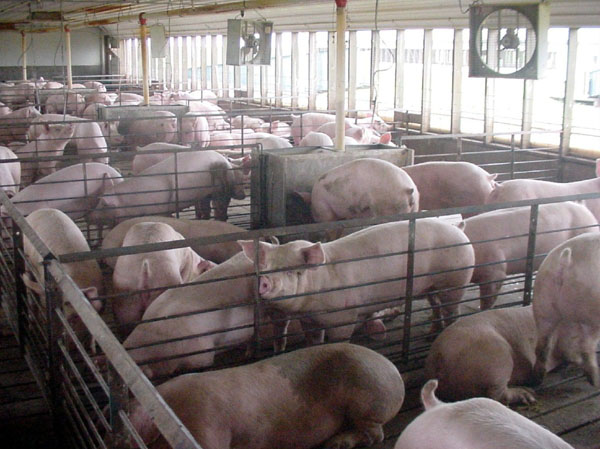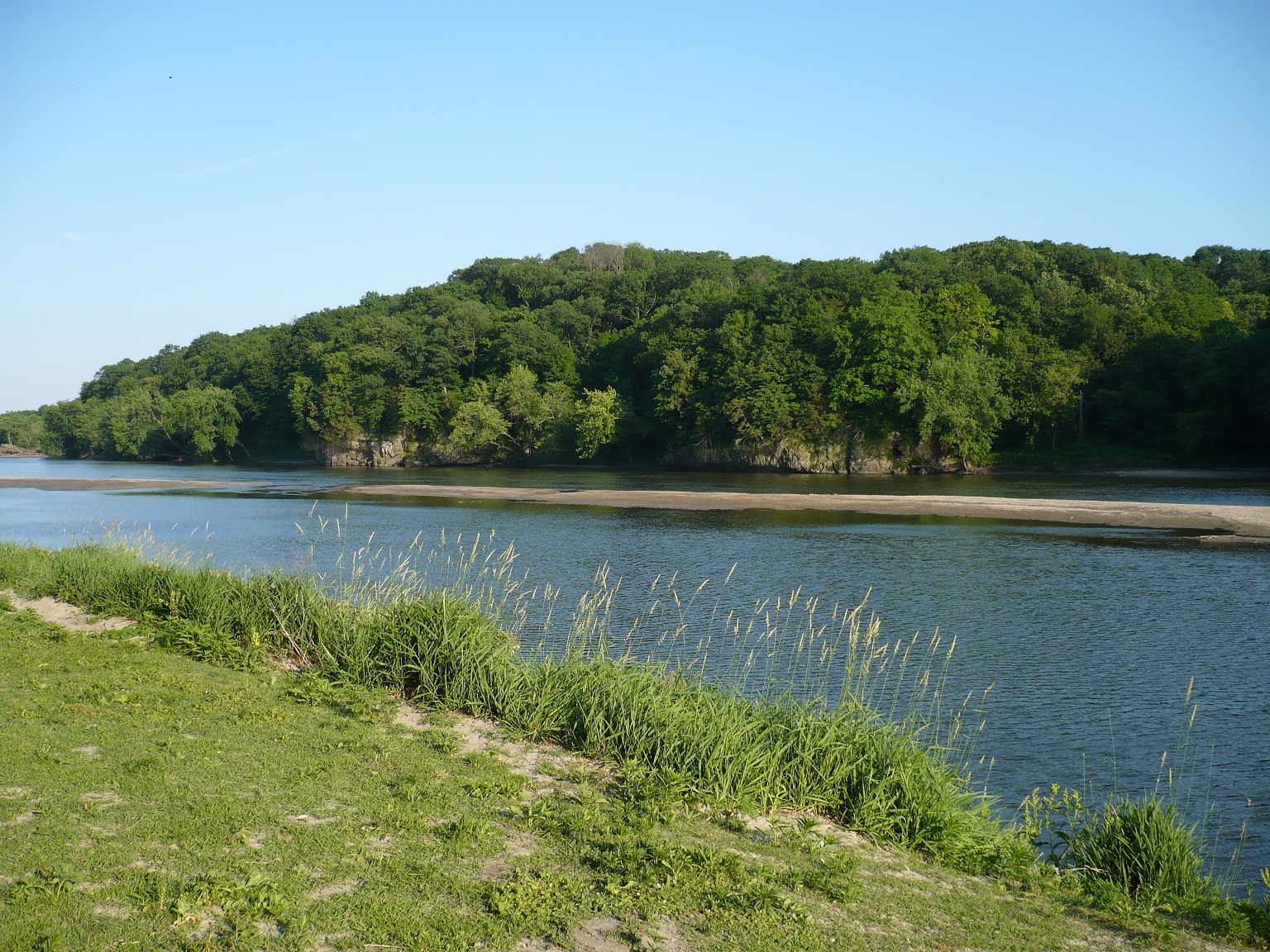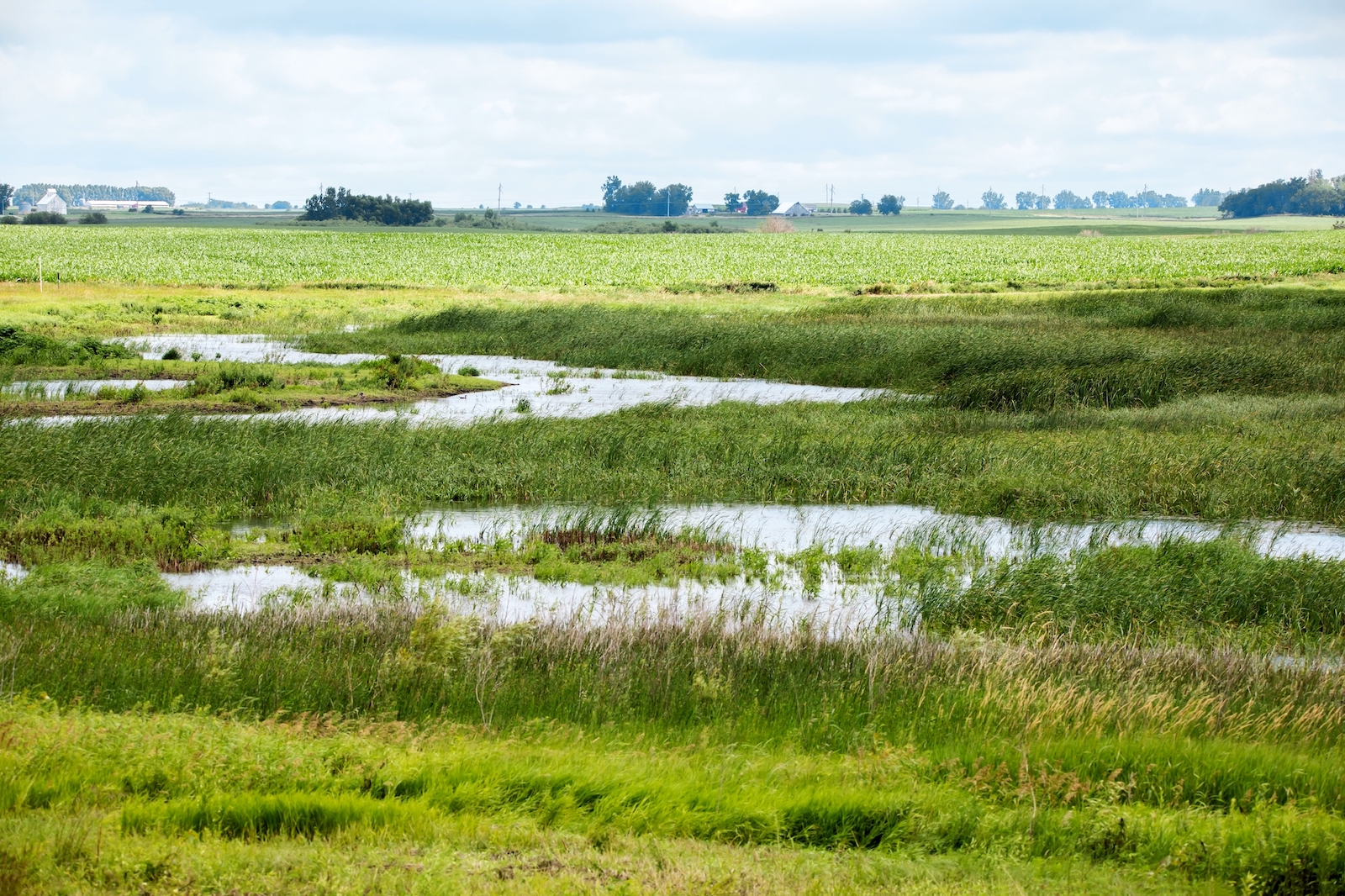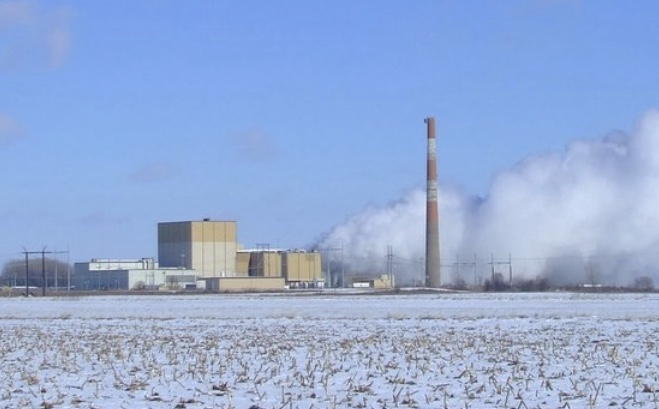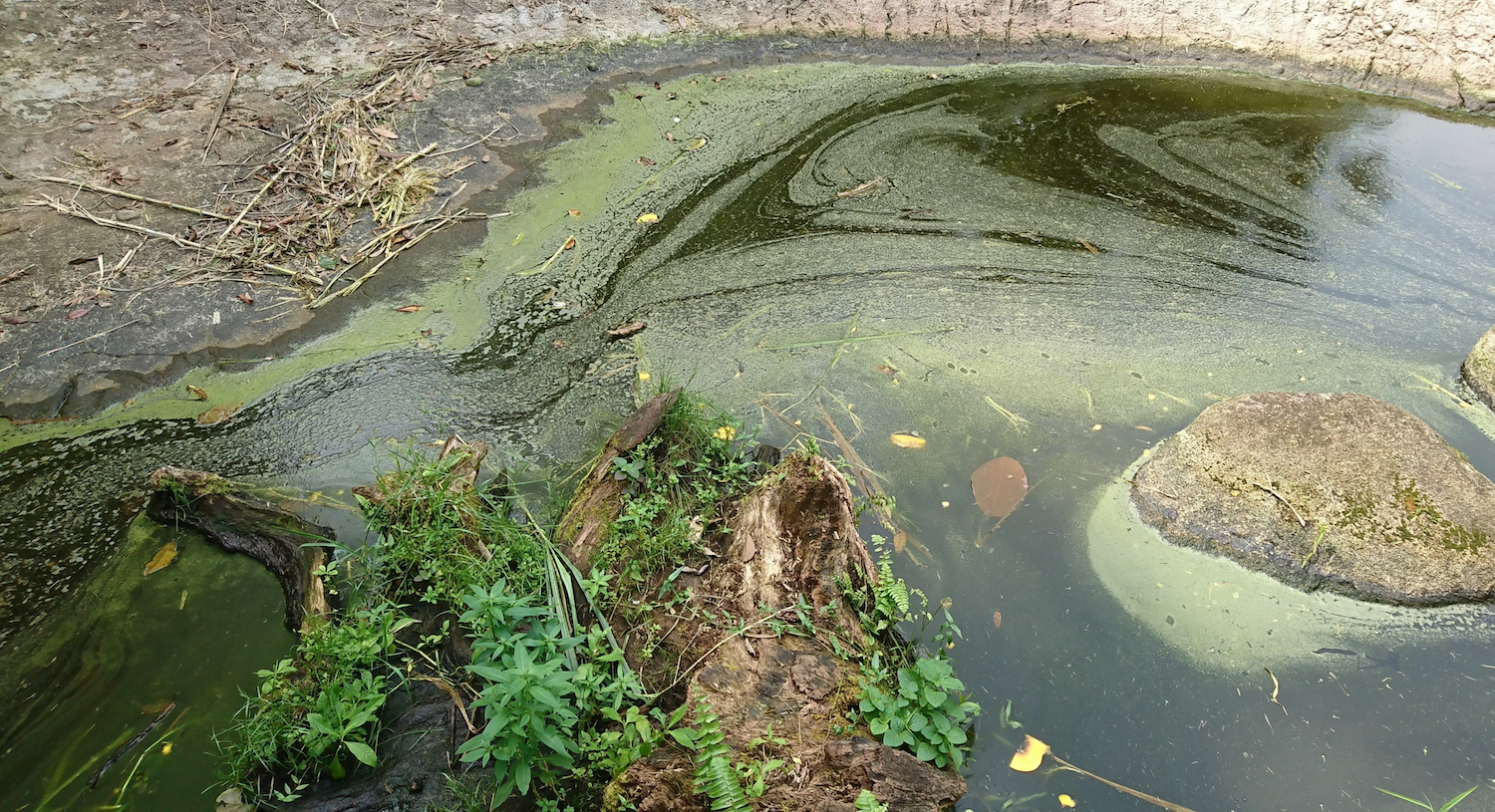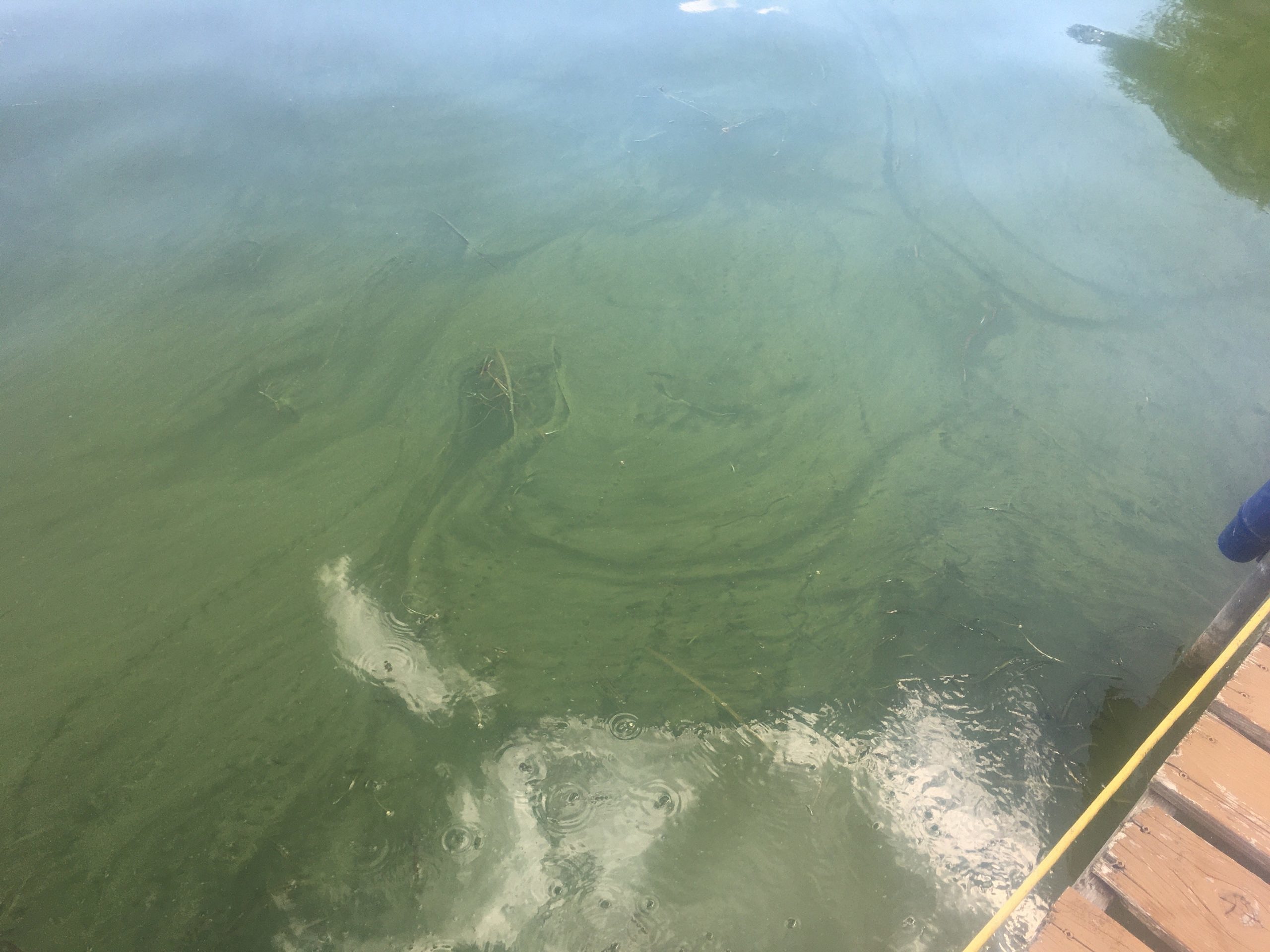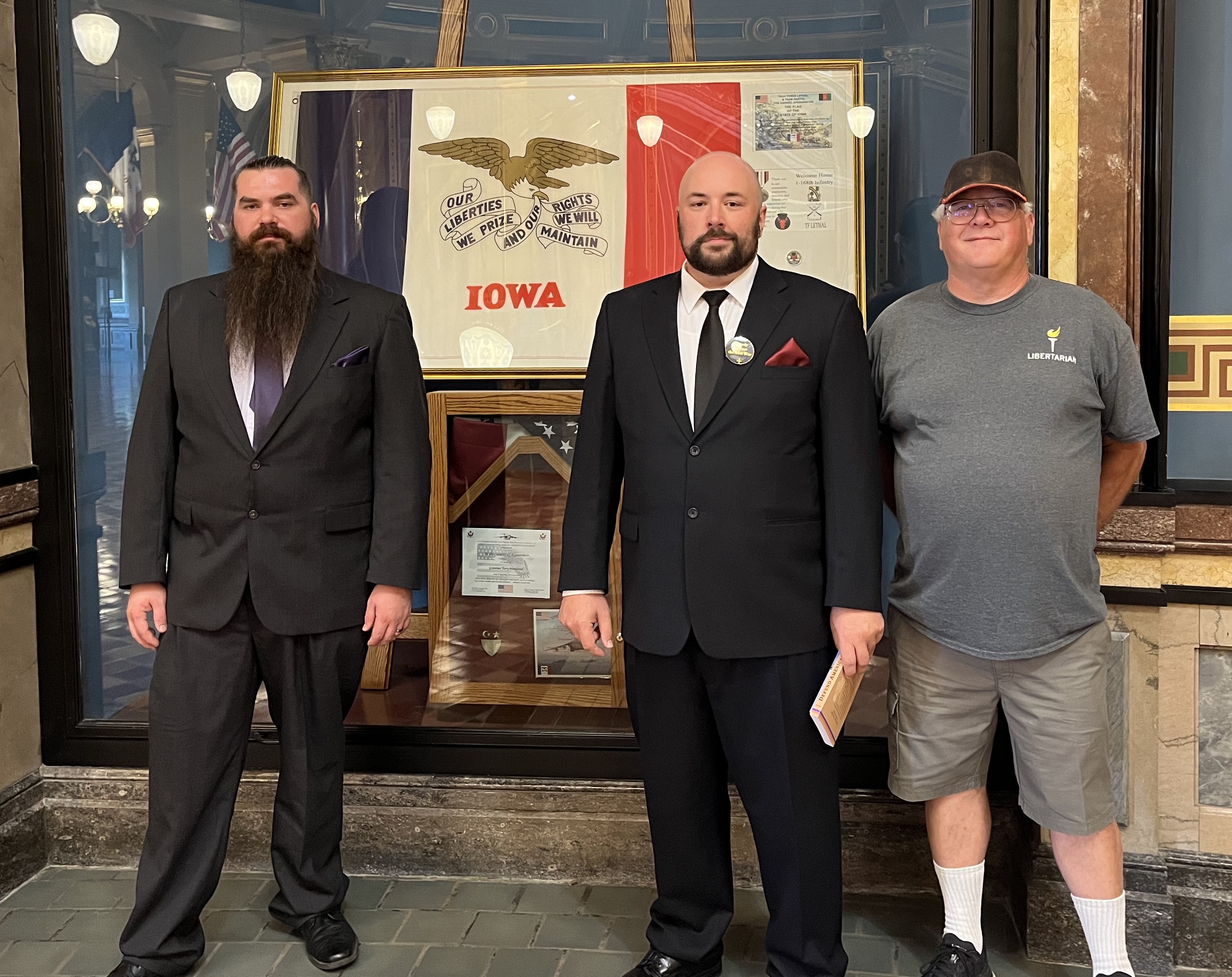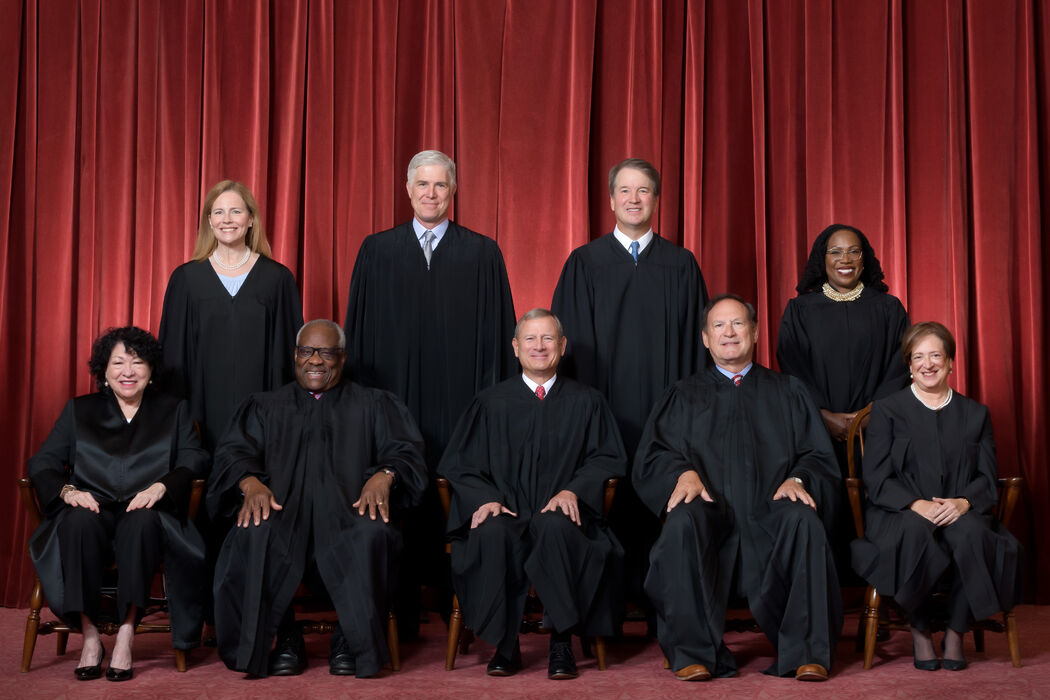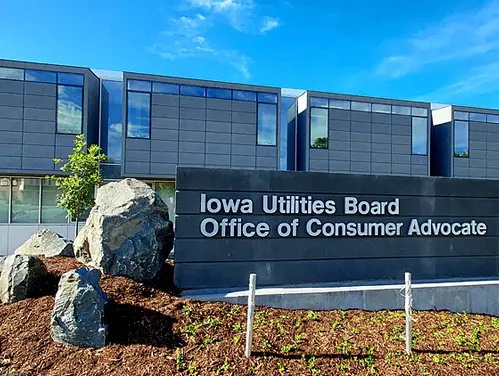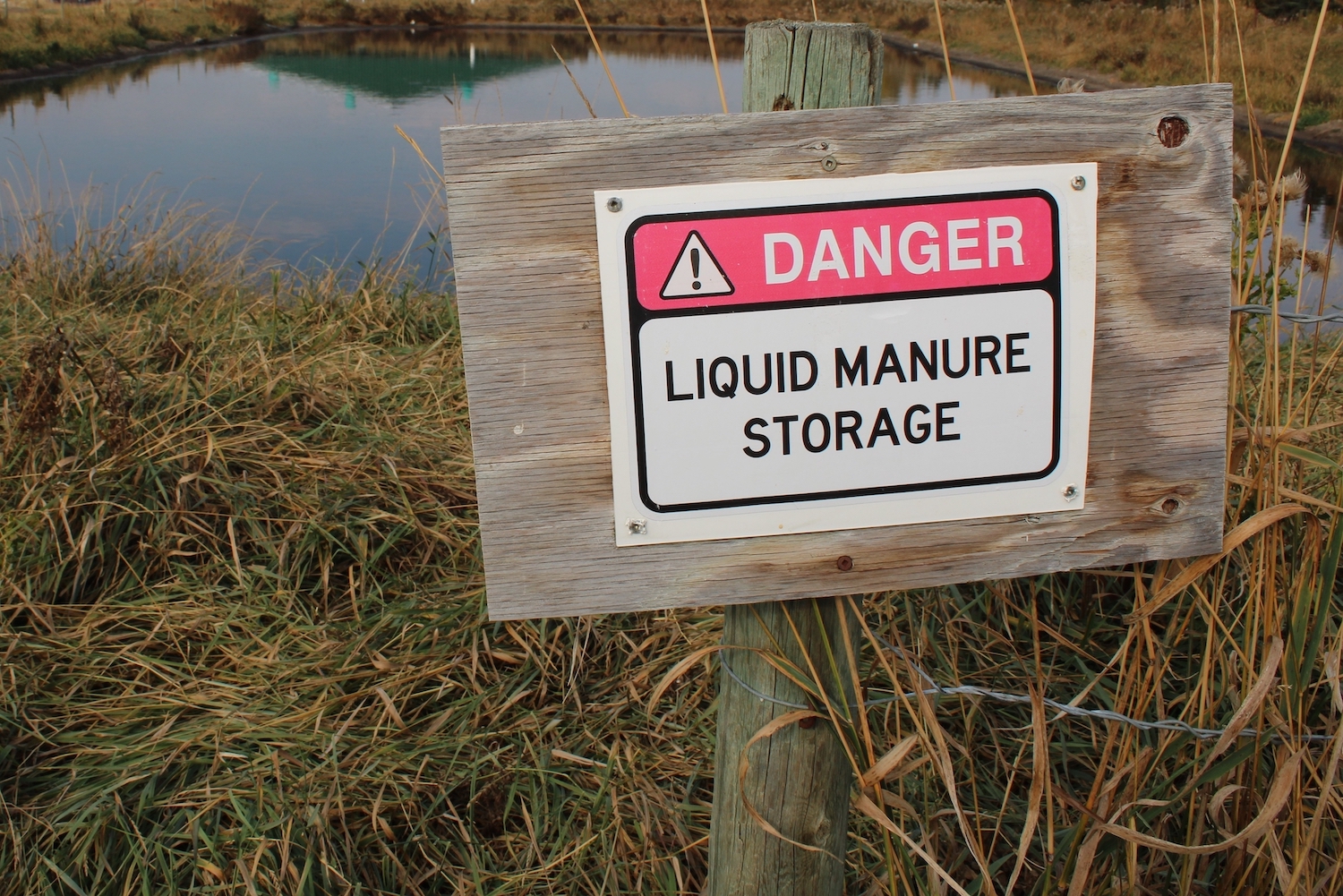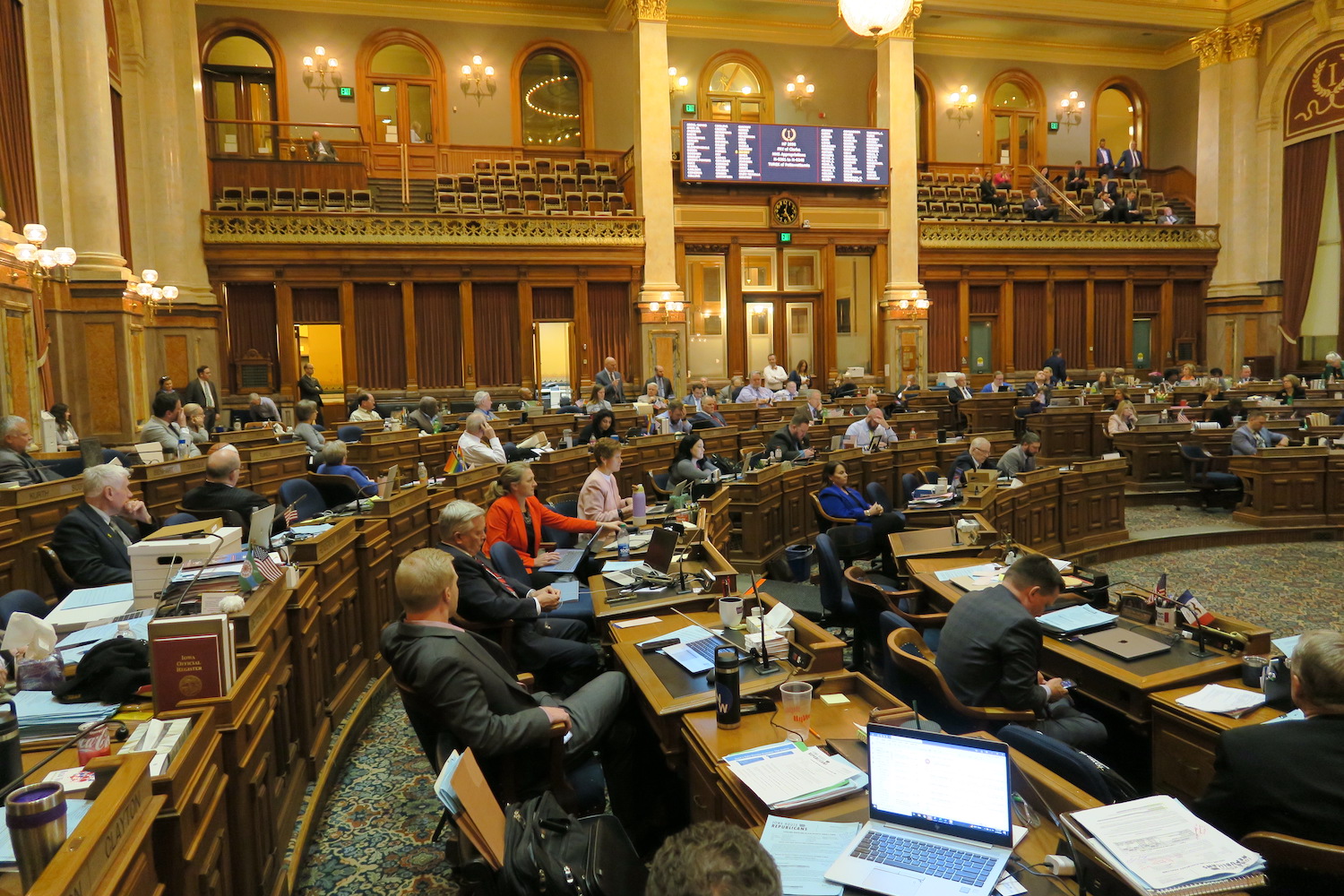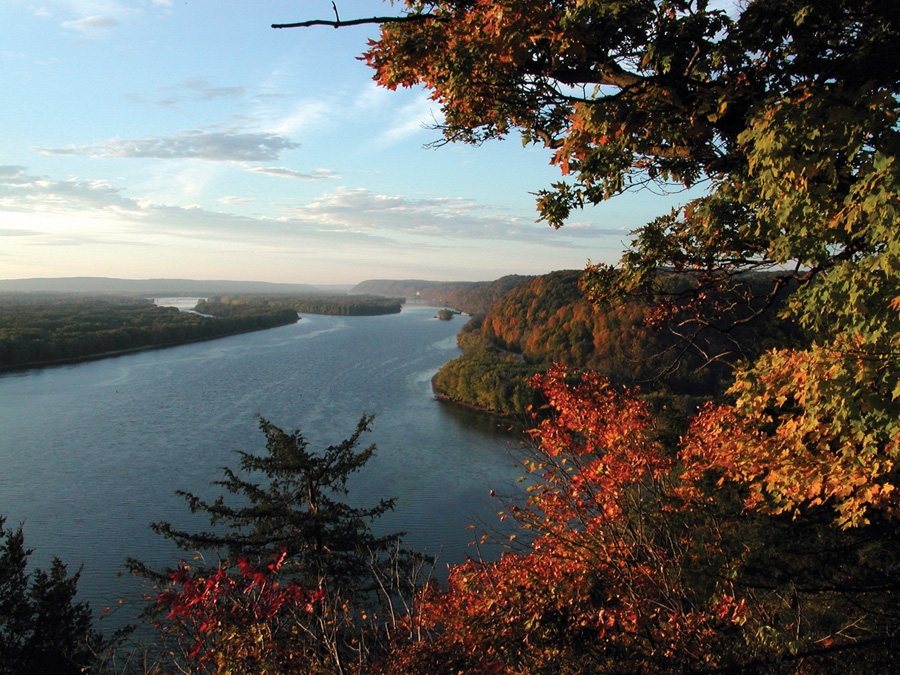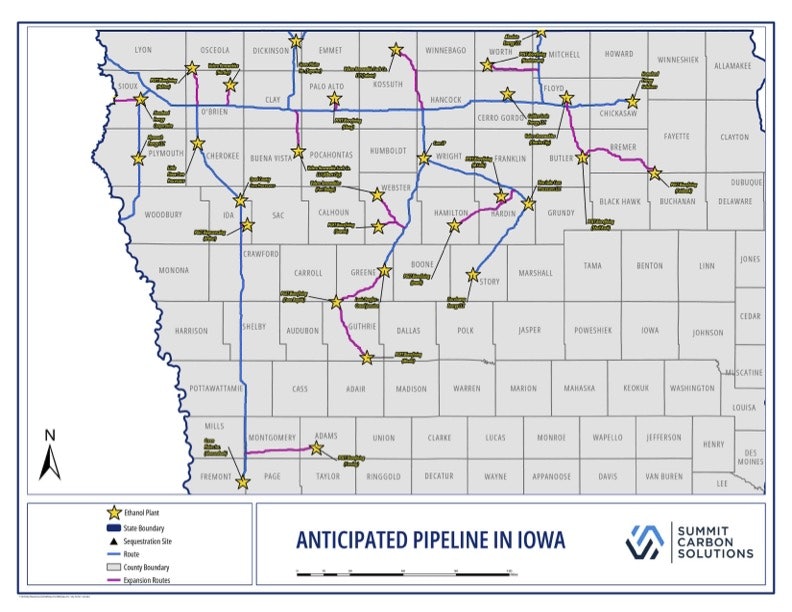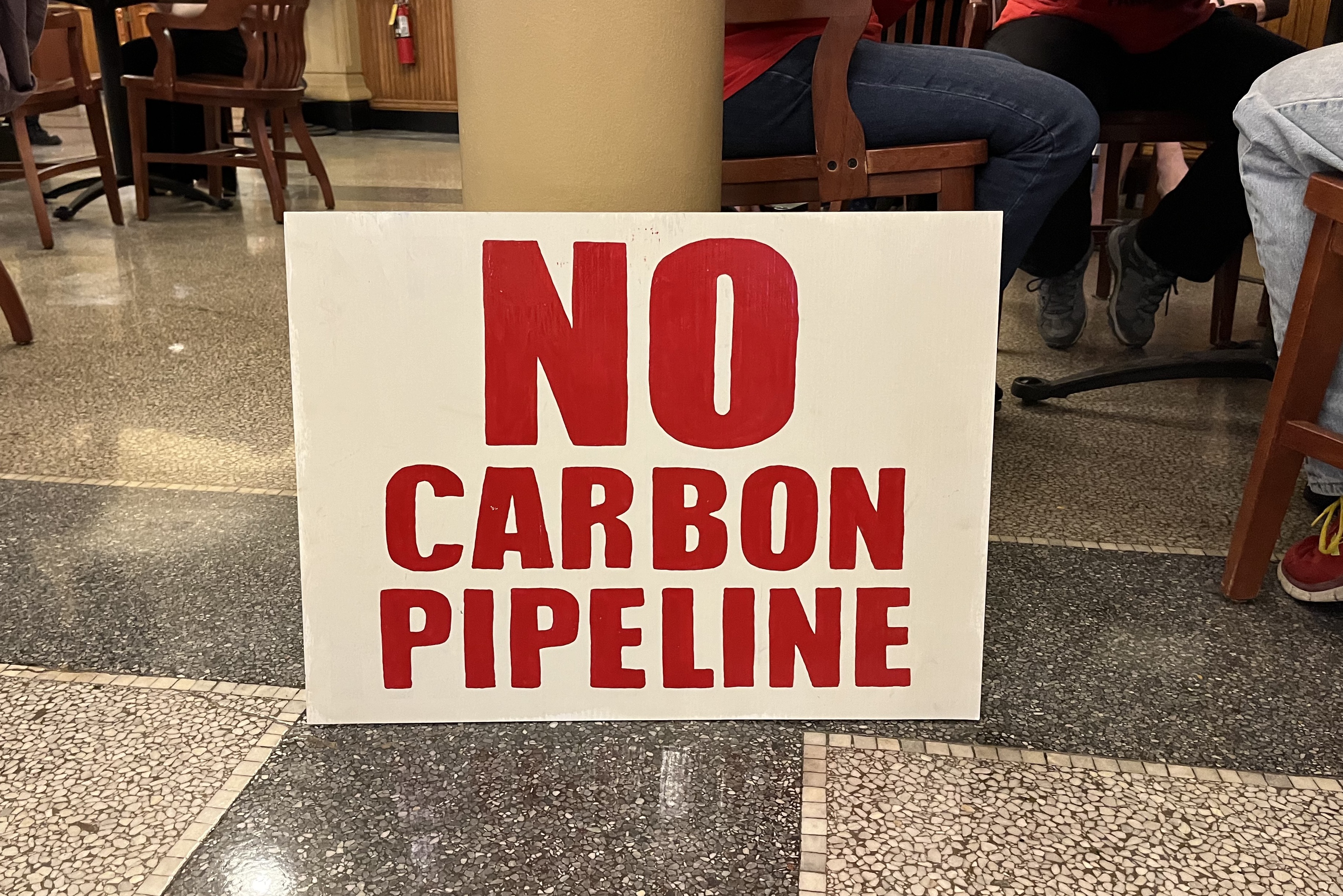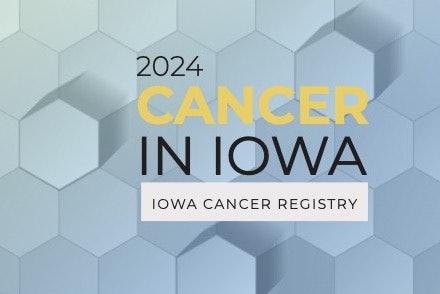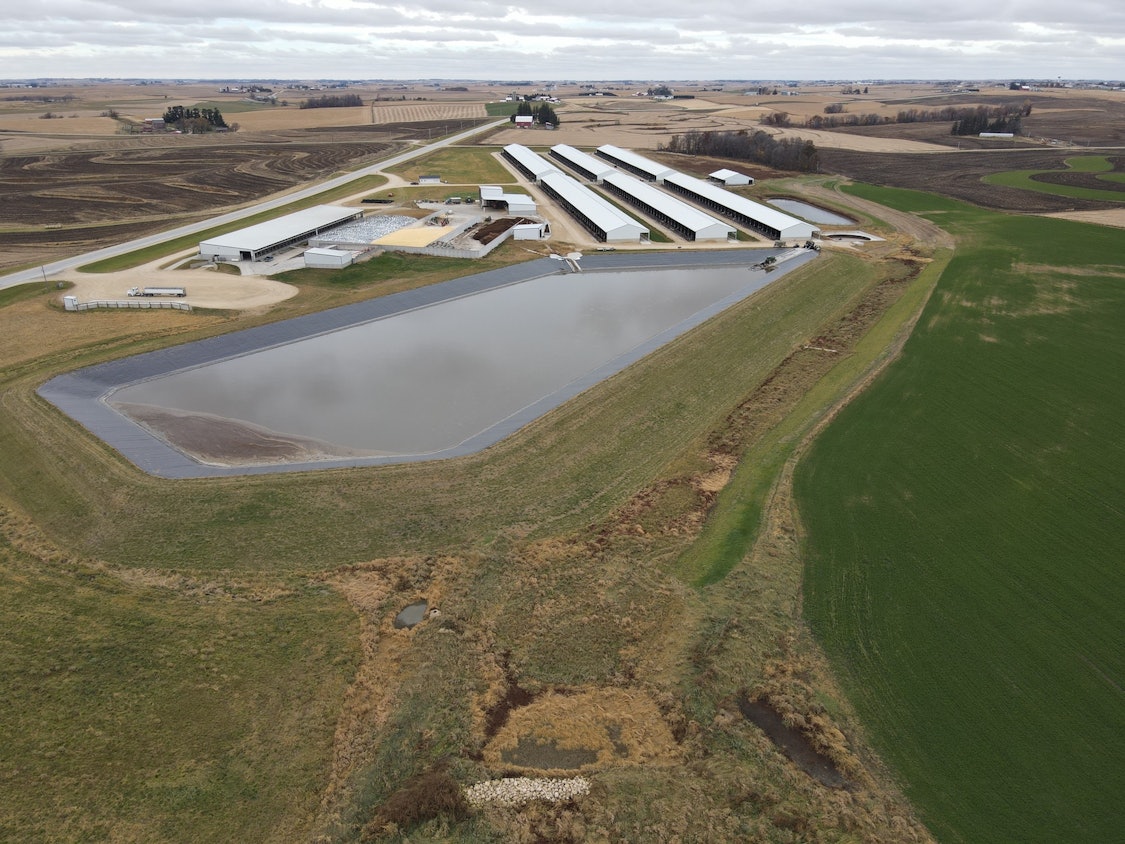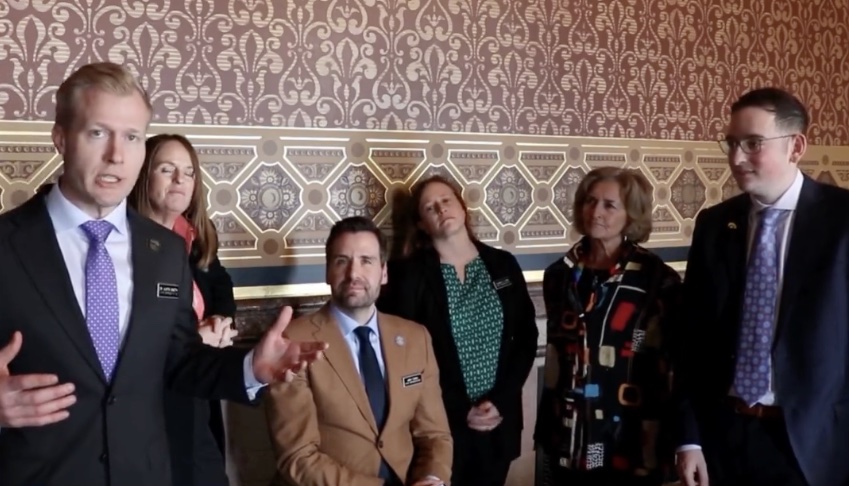Bleeding Heartland set yet another record for guest contributions in 2024, with 416 posts involving 146 authors. (The previous record was 358 posts that more than 125 people wrote for this site in 2023.) I don’t know of any state-based political website that provides more quality coverage and commentary by guest contributors.
This year’s guest authors covered a wide range of topics, from public schools to local government, major employers, CO2 pipelines, notable events in Iowa history, and of course wildflowers.
They wrote about President Joe Biden and Vice President Kamala Harris, Senators Chuck Grassley and Joni Ernst, Governor Kim Reynolds and her administration, Attorney General Brenna Bird, and of course former and future President Donald Trump.
During the legislative session, guest authors highlighted flaws in the governor’s plan to overhaul Area Education Agencies and the report that sought to justify it. They shared their own personal or professional experiences with AEAs. They covered other education proposals and explained why the state’s official school voucher numbers were misleading. They also covered bills that received less attention but could change many Iowans’ lives for better or worse.
During the 2024 campaign and its aftermath, guest authors wrote about presidential polling in Iowa and nationally, profiled candidates, and analyzed the election results from several angles.
Guest authors sounded the alarm about Iowa’s near-total abortion ban, unlawful drug testing at hospitals, and climate change impacts. They suggested ways to protect water and air quality, and flagged transparency problems in state and local government. They reviewed books that would interest many Bleeding Heartland readers.
They reflected on the lives of those who passed away this year, including Iowans Marcia Nichols, Bobby Washington, and Jim Leach, as well as Tim Kraft, who played an important role on some Iowa campaigns.
While many guest authors criticized Republican policies and politicians, some offered advice or constructive criticism to Democrats following the Iowa caucuses and another disappointing general election.
As noted below, some contributions by guest authors were among the most-viewed Bleeding Heartland posts of the year.
Continue Reading...

